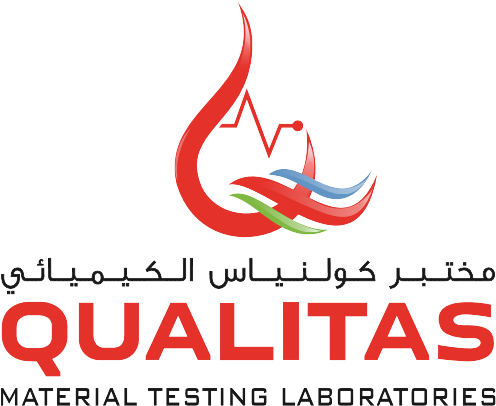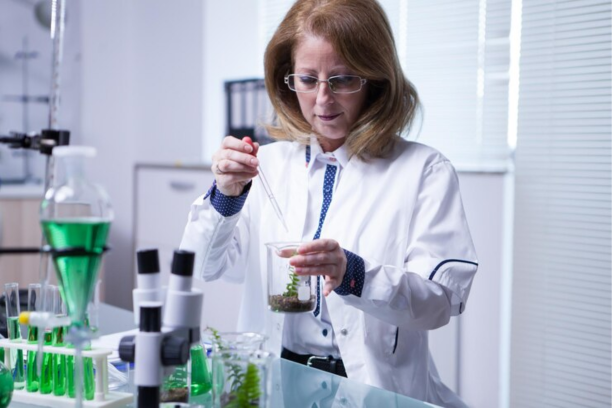The soil beneath our feet holds a wealth of information that is important for agriculture, construction, environmental management and more. Understanding the composition and health of the soil is essential for making informed decisions and achieving optimal results in various industries. This is where a soil testing laboratory in the UAE plays a critical role. In this blog, we will explore the significance of soil testing laboratories in the UAE.
- Why is Soil Testing Important?
Agriculture and Farming: Agriculture and farming: For farmers and agricultural specialists, soil testing is an important factor in figuring out the fertility and nutrient content of the soil. Precision fertilization and irrigation strategies are made possible by this information, increasing crop yields and encouraging environmentally friendly agricultural methods.
Construction and Engineering: Soil testing is crucial in the construction and engineering sectors to assess the stability and load-bearing capacity of the soil. This data helps in the design and construction of safe and durable structures.
Environmental Management: Soil testing helps in environmental management especially when evaluating soil contamination and choosing the best repair tactics. It is essential to do this to safeguard both human health and natural ecosystems.
Landscaping and Gardening: Landscapers and gardeners can make better decisions about plant selection and soil amendment by understanding the soil’s pH, nutrient levels and drainage capabilities.
- The Role of Soil Testing Laboratories in the UAE
For a variety of industries, accurate and trustworthy soil analysis is provided by soil testing facilities in the United Arab Emirates. The following soil qualities are evaluated by these laboratories using cutting-edge tools and techniques:
- Soil pH determines its acidity or alkalinity, which influences nutrient availability to plants. Soil testing laboratories measure pH levels to guide appropriate soil amendments for optimal plant growth.
- The quantities of important nutrients like nitrogen, phosphorous, potassium and micronutrients are measured in testing labs. For creating precise fertilizer recommendations, this information is essential.
- Soil texture, categorized as sand, silt or clay, affects water retention and drainage capabilities. Soil testing identifies the texture and structure to inform irrigation practices and prevent waterlogging or drought stress.
- Soil testing assesses organic matter content, which influences soil fertility, water retention and microbial activity. Adequate organic matter is crucial for maintaining soil health.
- For environmental evaluations and remediation plans, soil testing facilities analyse soil samples for contaminants such as heavy metals and pollutants.
Qualitas Company is a prominent soil testing laboratory in the UAE, dedicated to providing comprehensive and accurate soil analysis services. As a trusted partner for businesses and industries, Qualitas Company plays a key role in unlocking the secrets of soil to drive sustainable and efficient practices.

